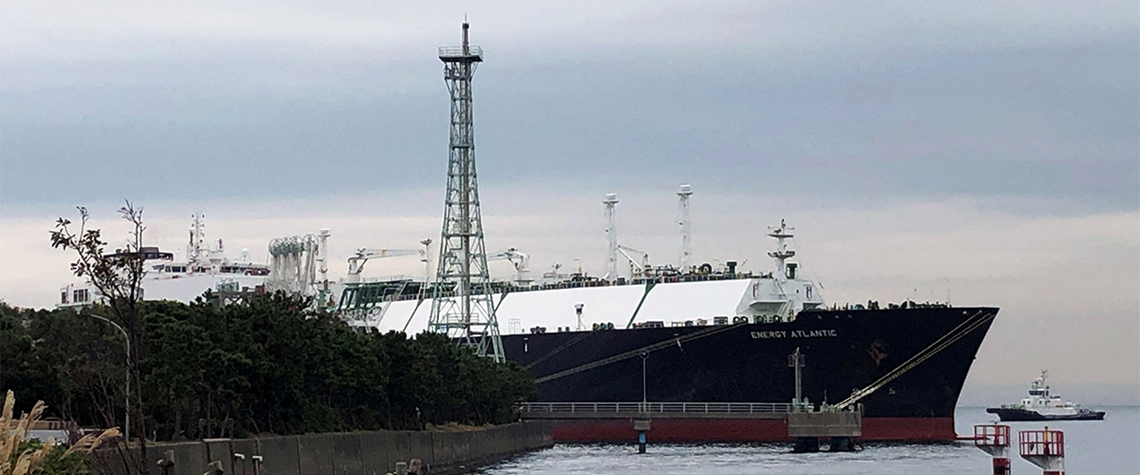Japan’s appetite for LNG is poised to shrink in 2024
Planned reactor restarts and expiring supply contracts mean changes ahead for Japan’s well-established LNG sector
Japan will look to maintain 2023’s momentum by restarting more of its idled nuclear reactors in 2024. This could eat into gas-fired power’s share of the electricity mix and lower LNG imports again, following a decline in shipments in 2023. But the gradual resumption of Japanese nuclear power has been beset by delays and uncertainties, presenting upside potential for LNG imports. Japan started 2024 with c.14% less available nuclear capacity than a year ago due to outages from planned maintenance at several reactors. But if all goes according to plan, under Prime Minister Fumio Kishida’s pro-nuclear administration Japan could be set to finish 2024 with a 59% year-on-year increase in available

Also in this section
17 February 2026
The 25th WPC Energy Congress, taking place in Riyadh, Saudi Arabia from 26–30 April 2026, will bring together leaders from the political, industrial, financial and technology sectors under the unifying theme “Pathways to an Energy Future for All”
17 February 2026
Siemens Energy has been active in the Kingdom for nearly a century, evolving over that time from a project-based foreign supplier to a locally operating multi-national company with its own domestic supply chain and workforce
17 February 2026
Eni’s chief operating officer for global natural resources, Guido Brusco, takes stock of the company’s key achievements over the past year, and what differentiates its strategy from those of its peers in the LNG sector and beyond
16 February 2026
As the third wave of global LNG arrives, Wood Mackenzie’s director for Europe gas and LNG, Tom Marzec-Manser, discusses with Petroleum Economist the outlook for Europe’s gas market in 2026







